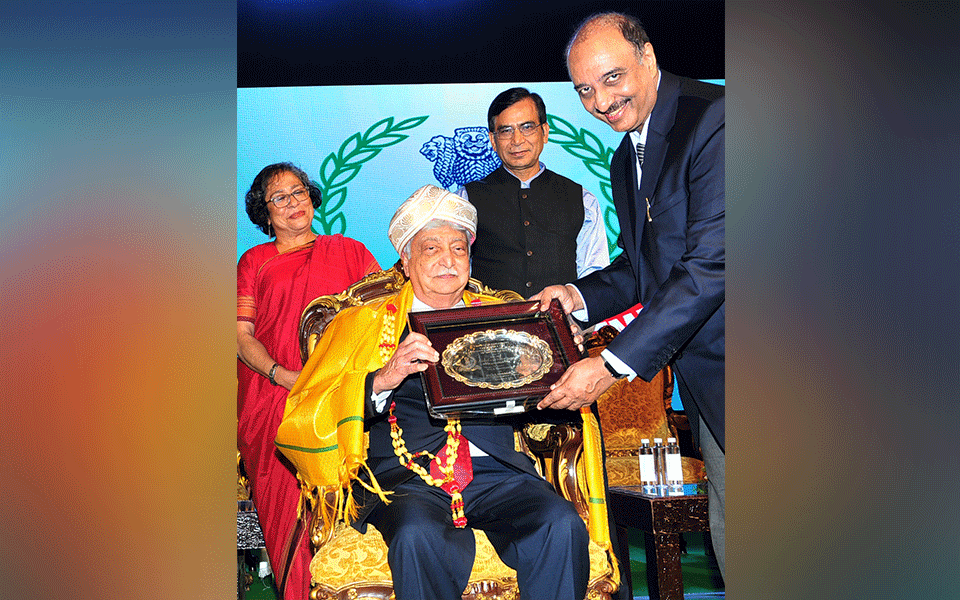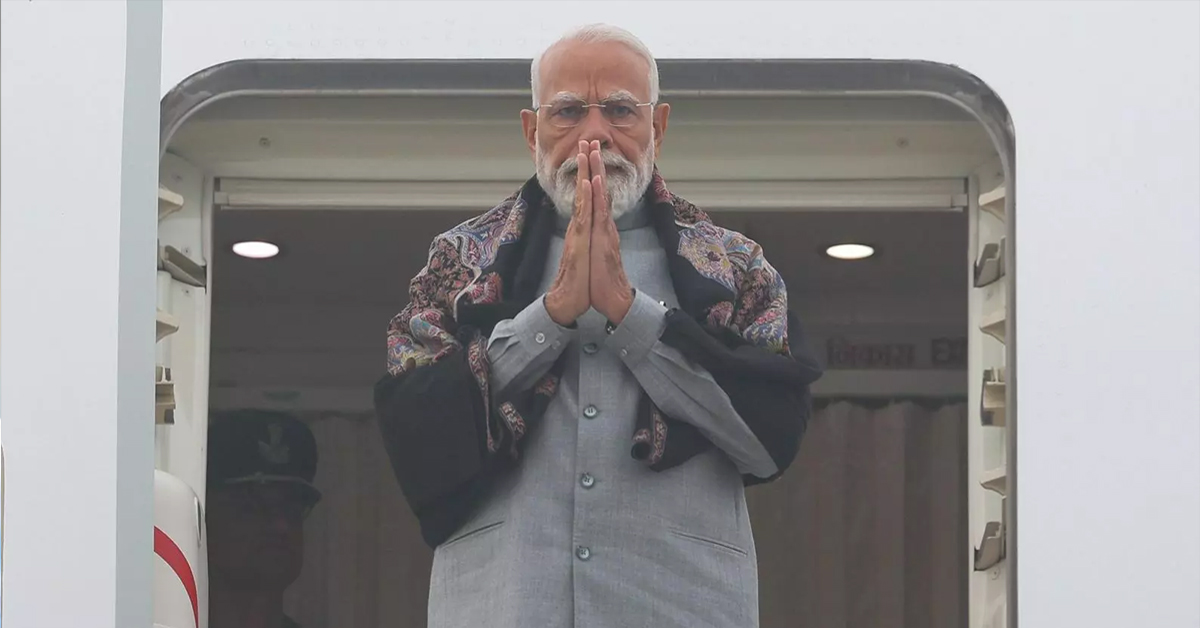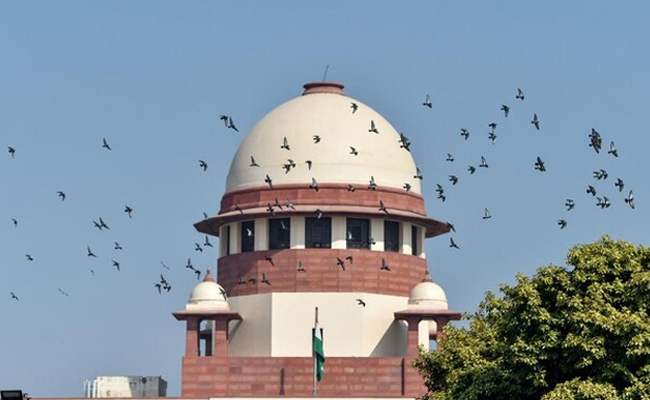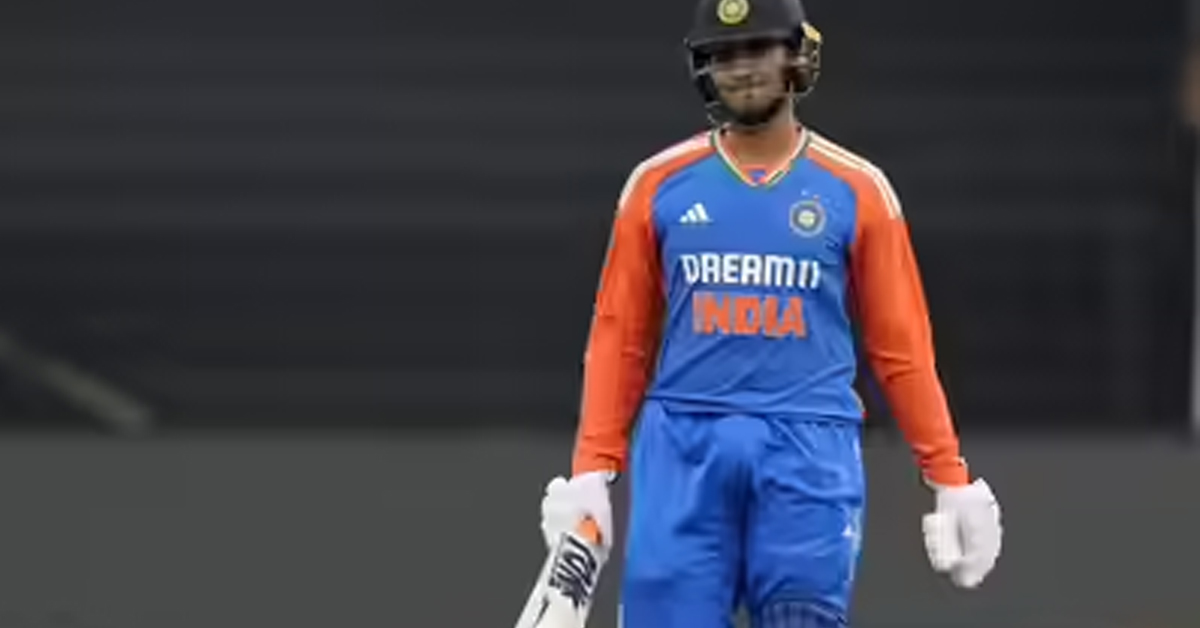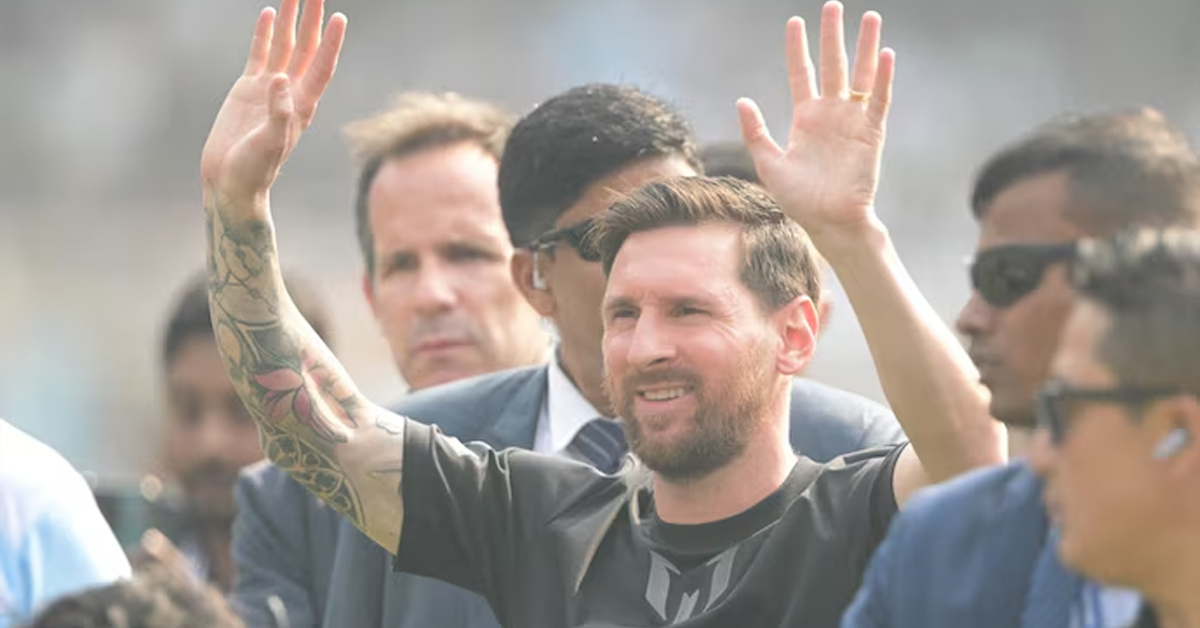Bengaluru, July 24: Global software major Wipro's chief Azim Premji on Tuesday said India needs lower income tax rate for better compliance.
"One of the drivers for voluntary compliance is lower tax rates. Lower the tax rate, lower is the incentive toAevade taxes," Premji said at an event by the Income Tax Department of Karnataka-Goa region here to mark 158th Income Tax (IT) Day.
The tax to Gross Domestic Product (GDP) ratio in India is about 16 per cent, including the taxes levied by the state, while in many developed countries, the ratio stands at about 35-40 per cent, Premji said.
"It is important that India's tax to GDP ratio climbs up substantially so that our public, social investments can rise to the level that are required," he added.
Expansion of tax base would help improve the tax to GDP ratio, rather than higher rates of taxes, he asserted, adding that compliance through investigation and vigilance only yield moderate results.
Initiatives like reducing corporate tax rates for small and medium enterprises, rationalisation of the slab rates for individuals help in ensuring compliance among tax payers, he told a gathering of IT Department officials, tax payers and students at the Town Hall in the city centre.
Noting that tax revenue constitutes a huge part of the Union government's budget, Premji said th Acountry's expenditure on social sector, infrastructure and defence are met almost entirely from tax collections.
"Given such high reliance on tax, tax payers play an important role in nation building. Taxes we pay also contribute to the country's moon mission and other programmes," he said.
Technology can also help in increasing the ease of filing taxes and thereby compliance, he said.
"Leveraging on technology, there is a prospect of using Goods and Services Tax (GST) data to validate the IT returns."
With countries like the US taking tax measures like tariffs, outsourcing tax etc., it could trigger trade wars which are detrimental to the growth of developing countries like India, Premji stressed.
"Tax administrations of various countries must collaborate better to prevent shrinking of global trade," he said.
Quoting renowned American politician Benjamin Franklin, Premji said in this world, nothing can be said to be certain, except death and taxes.
"Just as we all aspire to a death that is not painful, tax should be at least made less painful," he said, calling on students and youth to devise taxation systems that are inexpensive, easy to calculate and convenient to pay.
Principal Chief Commissioner of Income Tax for Karnataka-Goa region B.R. Balakrishnan on the occasion recalled that the India first introduced tax on income in 1860 under British rule.
The tax collected in 1860 was Rs 11 lakh, while in the 2017-18 fiscal, the total tax revenues amounted to Rs 10 lakh crore, he said.
Karnataka and Goa region is the third largest tax contributor in the country, after Mumbai and Delhi.
"Over one lakh crore rupees were collected in the region through taxes for 2017-18, with more than 24 lakh people filing their IT returns," he said.
The IT Department aims to collect over Rs 1.23 lakh crore through tax from across the country for 2018-19 financial year, by adding new return filers, Balakrishnan added.
Through investigations and searches, the Department has been able to detect undisclosed income of over Rs 12,000 crore in the Karnataka-Goa region last year, he added
This financial year, nearly 170 raids have been conducted on various individuals in the region, resulting in detection of undisclosed income of Rs 236 crore, he added.
Let the Truth be known. If you read VB and like VB, please be a VB Supporter and Help us deliver the Truth to one and all.
New Delhi (PTI): Prime Minister Narendra Modi on Monday embarked on a visit to Jordan, Ethiopia and Oman -- countries which enjoy civilizational ties and exceptional bilateral relations with India.
"First, I will be visiting Jordan, on the invitation of His Majesty King Abdullah II ibn Al Hussein. This historic visit will mark 75 years of establishment of diplomatic relations between our two countries," the prime minister said in his departure statement.
Modi will hold detailed discussions with Jordanian King Abdullah II ibn Al Hussein, Prime Minister Jafar Hassan, and will also meet Crown Prince Al Hussein bin Abdullah.
In his first visit to Ethiopia, the prime minister will address the Joint Session of Parliament and share his thoughts on India's journey as the "Mother of Democracy" and the value that the India-Ethiopia partnership can bring to the Global South.
The prime minister will also hold discussions with Ethiopia's Prime Minister Abiy Ahmed Ali and meet the Indian diaspora.
"On the final leg of my journey, I will visit the Sultanate of Oman. My visit will mark 70 years of the establishment of diplomatic ties between India and Oman," Modi said.
In Muscat, the prime minister will hold discussions with the Sultan of Oman on strengthening the Strategic Partnership as well as a strong commercial and economic relationship.
"I will also address a gathering of the Indian diaspora in Oman, which has contributed immensely to the country's development and in enhancing our partnership," Modi said.

